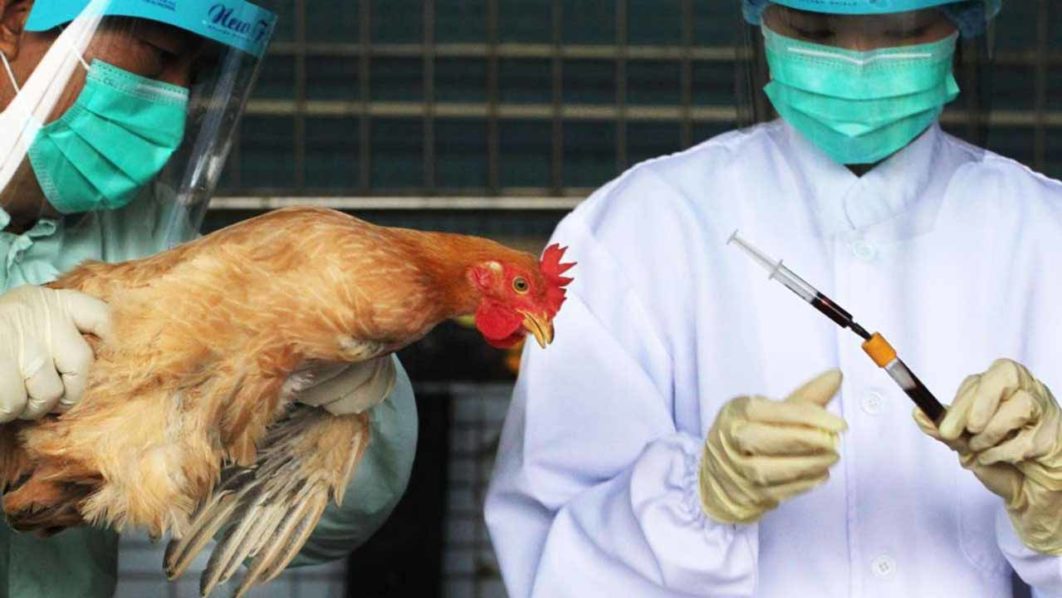
The warning followed a report from Israel that a massive bird flu outbreak could be New Year’s lethal disease. According to the report published on The Daily Beast, Israel’s National Security Council has assumed control of a massive bird flu outbreak in the Galilee, which scientists warn could become a “mass disaster” for humans.
Over half a billion migrating birds pass through the area every year, heading for warm African winters or balmy European summers, making this a catastrophic location for a major bird flu outbreak – right at the nexus of global avian travel.
The World Health Organisation (WHO) said the virus could be fatal if it infects people and more than half of the confirmed 863 human cases it has tracked since 2003 proved noxious. Most strains or variants of avian flu, H5N1, are relatively difficult to transmit to people.
A virologist and Chairman, Expert Review Committee on COVID-19, Prof. Oyewole Tomori, told The Guardian that the threat of bird flu as the next toxic disease is “very highly so.”
On the implication of another epidemic, especially on efforts to contain COVID-19, Tomori, who is also former Vice Chancellor of Redeemer’s University, Ede, Osun State, said the poultry industry in Nigeria could suffer dire consequences, if bird flu gets into the country.
To contain the menace, he noted: “I think now is the time for the Federal Ministry of Agriculture to get its Federal Livestock Department (FLD) and National Veterinary Research Institute (NVRI), Vom to be on alert.
“Our disease surveillance backed by veterinary laboratory diagnostic centres must be working with poultry farmers and the Poultry Association of Nigeria (PAN) to rapidly detect and contain cases before spread to other farms.”
The virologist said yearly, cranes migrate from Europe, Israel to warm weather in Ethiopia, Sudan and parts of West Africa.
“It is essential we are proactive in the steps we take,” he added. A Professor of Veterinary Medicine and Clinical Virology at the Michael Okpara University of Agriculture Umudike, Abia State, Maduike Ezeibe, observed that the Avian Influenza (AI) is caused by Avian Influenza Virus (AIV), which like COVID-19, is an RNA virus – meaning both viruses have positive electrical charges.
Ezeibe said another similarity is that both viruses mutate, stating that it takes about 50 years for AIV to change to new variants that might be more pathogenic, while COVID-19 virus appears to mutate a lot faster.
The clinical virologist said another similarity is that both are zoonotic (affect both animals and human beings). A consultant clinical pharmacist and medical director, Merit Healthcare, Dr. Lolu Ojo, said bird flu “is an extremely rare but lethal disease in humans.
He observed that “it is usually a poultry problem in migrating birds, but could also affect humans, and when it does, fatalities are usually very high.”
On what Nigeria should do to avert another health crisis, Ojo said: “We must always get our system ready to handle emergencies. It is better that we start preparing now because we are indeed vulnerable to incidents in other parts of the world. Let us learn from Israel and get our systems ready to handle the coming pandemic.”



